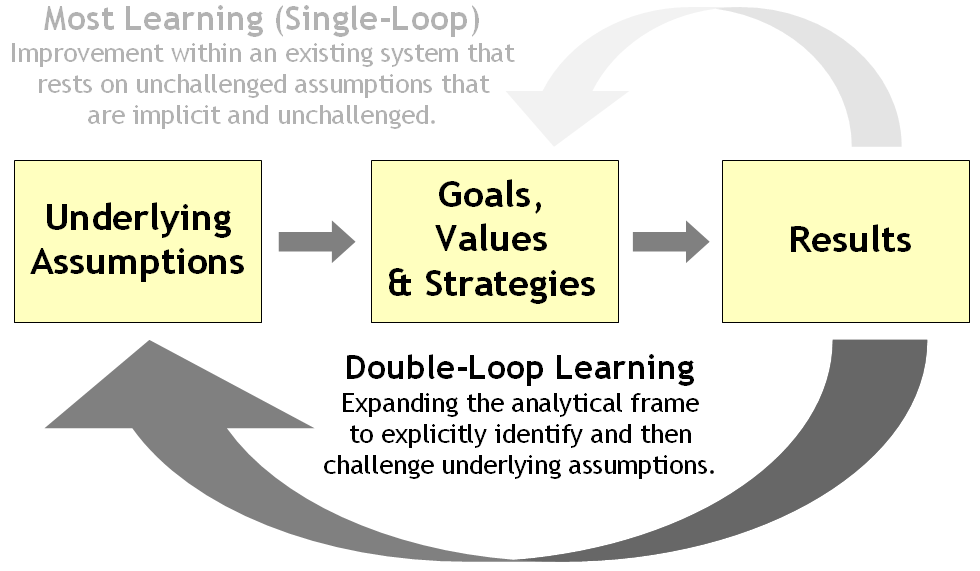This week (30/7/13) we attended the second unlecture of 2013. It was… fun?
I am a horribly negative person.
It was a nifty idea to spend the time answering questions we had rather than ones that the lecturer assumed we had, but I couldn’t help but notice that my question wasn’t answered.
I am a self-centred person.
My question – and I admit it wasn’t phrased well – was ‘Why should we attend the unlecture if the content is completely irrelevant’ or something to that effect. You see, I had been trying to put my thoughts into words when the lady-tutor came around looking for our questions, so I had to quickly write down a brief version of my thoughts and hope that it was close to my original intent.
I am an unorganised person.
Mr. Miles seems to imply that the way that the lectures are run is completely malleable in that it will change according to what we, as students, desire, and what he believes will best benefit us. This is intriguing as it doesn’t really represent a curriculum very well. They clearly don’t have anything particularly concrete to teach us, because they’ve basically said ‘let’s have a lecture where we do jack-all and mess with conventional teaching by not actually teaching things’. No offence. Ok, so we are learning about other methods of pedagogy – or rather, andragogy – but how is that going to help media kids? Or prof comm kids? Why do we have to come to these lectures, what is their purpose? I get that you are demonstrating the nature of the subject matter – the ever-evolving online world – but it’s a little bit meta-referential and I don’t like taking one concept of the subject and using it to dictate the way it is taught.
I am a confused person.
My plan is to attend every ‘unlecture’. Admittedly, they are the least boring lectures I have, which is perhaps the goal, but I don’t overly enjoy them. I’m not great at change, so when someone chucks something old and normal at me in a weird, original way I am liable to have a full on anxiety attack. I fled the first lecture the second Mr. Miles said it wasn’t rude anymore.
I am an antsy person.
So, do they have anything to tell us in the ‘unlectures’? Is it relevant to anything we are likely to do outside of university? Is it really that different from a normal lecture, except that computers aren’t allowed, they don’t try to actually teach us anything concrete and that we keep being told it isn’t a normal lecture? I said I’ll always be there, and I made an oath not to give up with warning, but… why?
I am a tired person.





